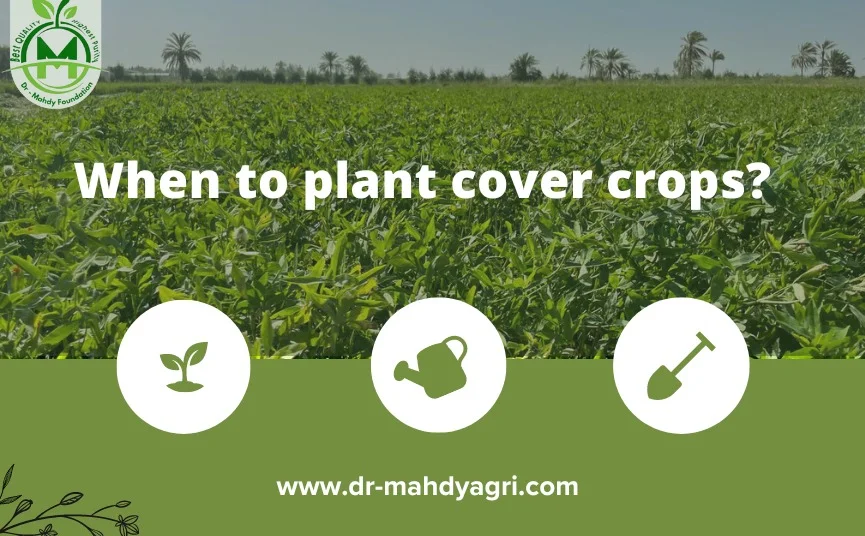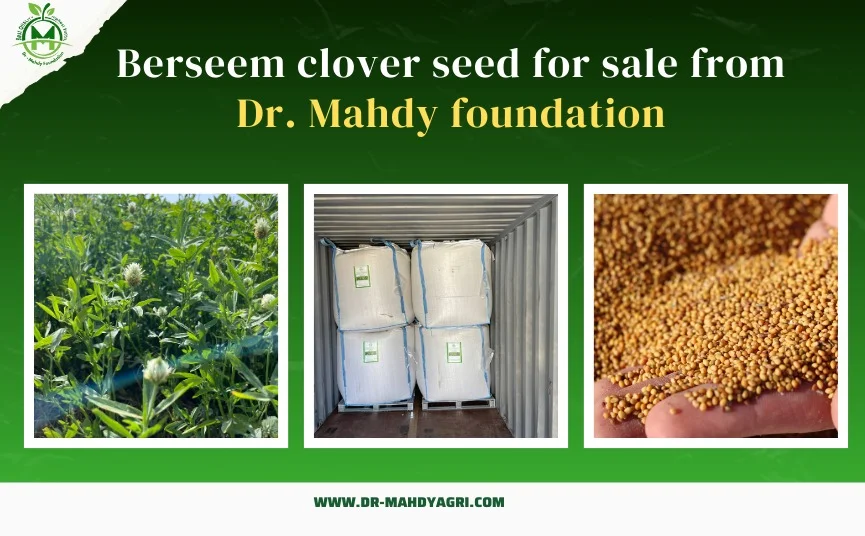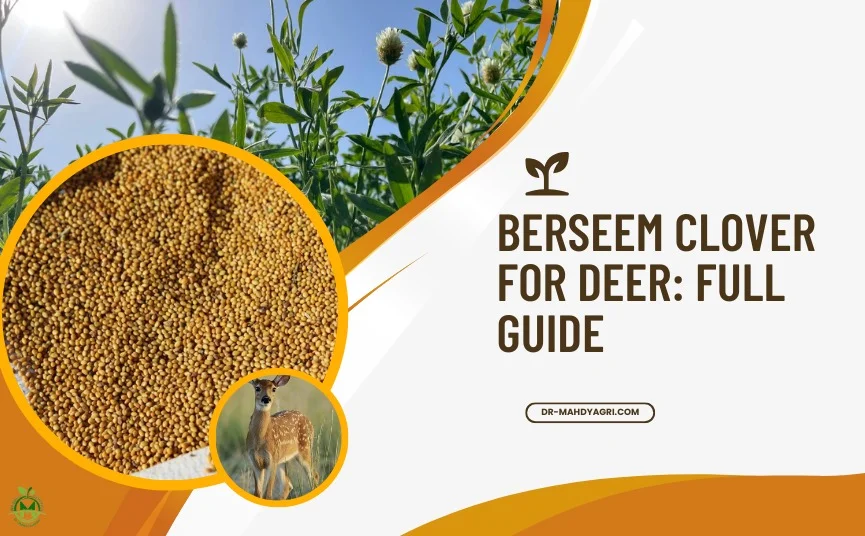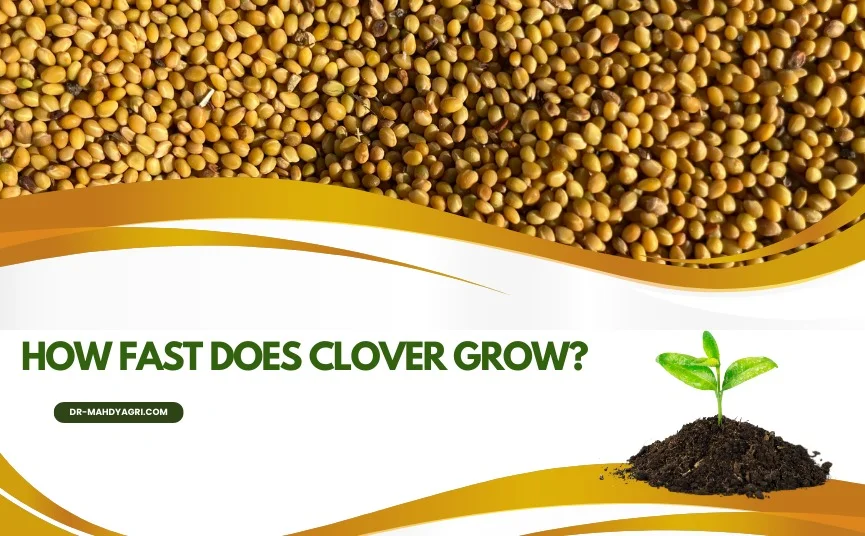

Berseem clover (Trifolium alexandrinum) is a versatile forage crop known for its nitrogen-fixing properties, exceptional forage quality, and rotational benefits. This article delves into the process of planting and harvesting Berseem clover, shedding light on its significance in sustainable agriculture.
Benefits of Berseem Clover Seed
1. Nitrogen Fixation
Berseem clover exhibits a remarkable ability to fix atmospheric nitrogen into the soil through a symbiotic relationship with nitrogen-fixing bacteria. This unique trait enhances soil fertility, reducing the need for synthetic nitrogen fertilizers and contributing to long-term soil health.
2. Forage Production
As a highly nutritious forage crop, Berseem clover provides livestock with abundant high-quality fodder. Its rich protein content and digestibility make it an excellent choice for improving animal nutrition, resulting in healthier and more productive livestock.
3. Crop Rotation
Incorporating Berseem clover into crop rotation systems brings multiple advantages. It breaks disease and pest cycles, reduces weed pressure, and contributes organic matter to the soil, enhancing the overall sustainability of agricultural practices.
Planting Berseem Clover Seed
1. Choosing the Right Time
The ideal time for planting Berseem clover varies depending on the climate. In temperate regions, it's best to plant in the fall, while in subtropical climates like Oman, planting in the late winter or early spring is recommended.
2. Seedbed Preparation
Preparing a well-drained seedbed is crucial for successful Berseem clover cultivation. Proper soil tilth and the removal of debris and weeds ensure optimal seed germination and establishment.
3. Seeding Rate and Depth
The recommended seeding rate for Berseem clover is around 25-30 kg per hectare. Planting depth should be shallow, around 1-2 cm, to ensure proper emergence.
Caring for Berseem Clover
1. Irrigation
Berseem clover requires consistent moisture, especially during its initial growth stages. Proper irrigation methods, such as drip or surface irrigation, help maintain optimal soil moisture levels.
2. Weed Management
Weed control is essential to prevent competition for nutrients and sunlight. Regular monitoring and timely weed management, through methods like manual weeding or mulching, contribute to healthy crop growth.
3. Fertilization
While Berseem clover is a nitrogen-fixing plant, supplemental fertilization with phosphorus and potassium is essential for overall growth and development. Soil testing guides nutrient application.
Harvesting Berseem Clover
1. Timing of Harvest
The best time to harvest Berseem clover is during the early flowering stage. At this point, the forage quality is at its peak, with a balanced ratio of nutrients and digestibility.
2. Harvesting Methods
Mechanical mowers or cutters can be used for large-scale harvesting. For smaller areas, manual cutting is effective. Harvesting should be done in the morning to retain maximum nutritional value.
3. Post-Harvest Handling
After cutting, Berseem clover should be dried in the field for a day or two, depending on weather conditions. Properly dried forage can be stored in well-ventilated areas to prevent mold growth.
Conclusion
Berseem clover seed, with its remarkable nitrogen-fixing abilities, forage quality, and rotational benefits, plays a pivotal role in modern agriculture. By understanding the proper techniques for planting and harvesting, farmers can harness the potential of this exceptional crop, contributing to sustainable and productive farming systems.
FAQs
Q1: Can Berseem clover grow in different climates? A: Yes, Berseem clover is adaptable to various climates, including subtropical regions like Oman, making it a valuable choice for diverse agricultural environments.
Q2: Is Berseem clover suitable for organic farming? A: Absolutely, Berseem clover aligns well with organic farming principles due to its nitrogen-fixing capabilities and positive impact on soil health.
Q3: What livestock species benefit from Berseem clover forage? A: Livestock such as cattle, goats, and sheep greatly benefit from Berseem clover forage due to its high protein content and digestibility.
Q4: Can Berseem clover be intercropped with other crops? A: Yes, Berseem clover can be intercropped with various crops, providing additional benefits like weed suppression and improved soil structure.
Q5: Are there any common pests that affect Berseem clover? A: While Berseem clover is generally resilient, pests like aphids and armyworms can pose occasional challenges. Integrated pest management practices



